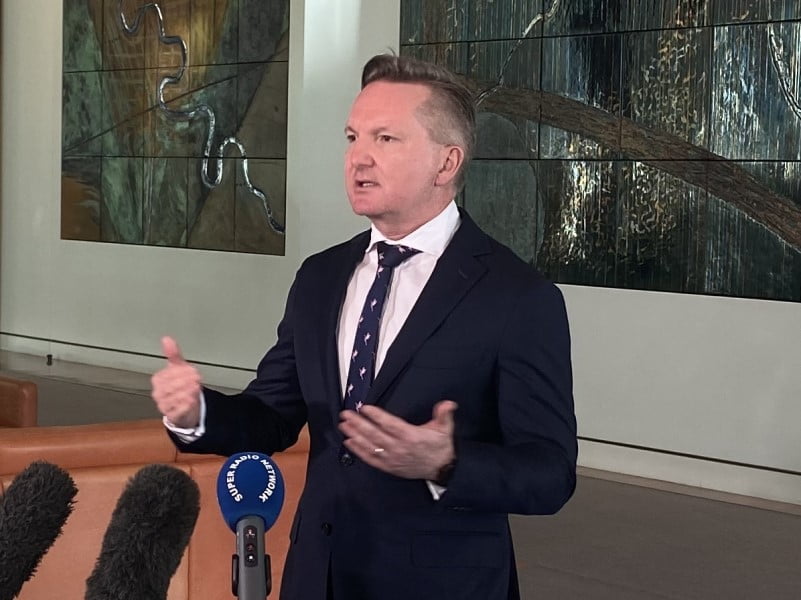More than two years after the first round of the hydrogen hubs program opened under the former Coalition government, the last $147 million in grant funding has been committed to Tasmania and Western Australia.
The $70 million grant for the Bell Bay hydrogen hub and the $77 million grant for the Pilbara hydrogen hub will focus on the development of infrastructure needed to support hydrogen production and exports at scale.
The term of both grants under the ‘hubs implementation’ tranche of the Regional Hydrogen Hubs program, a re-badged version of Morrison government’s Clean Hydrogen Industrial Hubs Program will end in 2028, two years later than initially required by the program.
The two grants are the final grants under the program to be awarded to successful applicants, announced by the former Coalition government in early-2022.
In the October 2022 federal budget, the Albanese government committed to an additional $70 million to run the ‘Regional Hydrogen Hubs – Townsville Region’ grant round. The successful applicants have yet to be announced.

The program is supporting projects “aimed at establishing a hydrogen industrial hub consisting of co-located sources of hydrogen demand and production to stimulate demand and facilitate the production and use of clean hydrogen for domestic and export markets”, according to the grant guidelines.
The Tasmanian Green Hydrogen Hub project will commence this year and is expected to be complete by early 2028. The first phase of the hub is expected to feature a 300MW hydrogen production facility developed by fossil fuel giant Woodside.
The Tasmanian Department of State Development is leading a consortium of state-owned infrastructure enterprises alongside the Bell Bay Advanced Manufacturing Zone. Overall, the Tasmanian government and its business enterprises have committed $230 million to the hub.
Announcing the finalised Tasmanian grant on Thursday, Climate Change and Energy minister Chris Bowen said the federal government’s investments in renewable hydrogen industry “is investing in Australia’s future to become a renewable energy superpower”.
“Bell Bay is a production and export powerhouse, backed by 100 per cent renewable electricity, and this hub will provide jobs, support new manufacturing and spur investment in regional Australia as the world decarbonises.”
Although the federal government has yet to formally announce the Pilbara hydrogen hub grant, details were published on GrantConnect last week.
The funding complements the roughly $70 million committed by the Western Australian state government in November 2021 to develop the Pilbara hydrogen hub. The grant will support four hydrogen industry development projects around Karratha and Port Hedland.
These include a hydrogen or ammonia pipeline connecting the Maitland Strategic Industrial Area to the Burrup Peninsula, a Clean Energy Training and Research Institute, port road infrastructure at Port Hedland, and studies for future expansion of the Pilbara hub.
The total contract value of the ‘hubs implementation’ tranche of the Regional Hydrogen Hubs program is more than $447 million (inclusive of GST).
The program was initially expected to be worth $434 million and was funded in the 2021-22 federal Budget by the former Coalition government. A further $70 million was provided in the October 2022-23 federal Budget to run another round of the program for the Townsville region.
Seven hydrogen hubs were initially expected to receive grant funding, however a $41 million grant for a Port of Newcastle-Macquarie hydrogen hub joint venture did not progress when the project was cancelled.
All announced grants under the second tranche of the Regional Hydrogen Hubs program have also been accounted for. These include two grants for blue hydrogen front-end engineering and design studies, together worth $6 million, which will no longer progress.
The Albanese government’s flagship $2 billion Hydrogen Headstart program is supporting six green hydrogen projects. It includes commitments to three projects that are also funded under Regional Hydrogen Hubs program.
Do you know more? Contact James Riley via Email.

